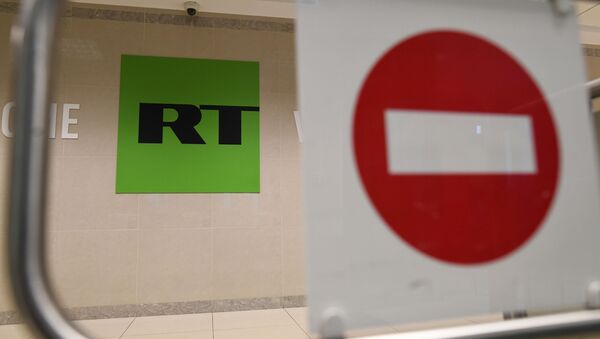"The Biden administration should encourage American social media platforms to de-emphasize or at least provide more information about Kremlin-supported content. ... When such content does appear in search results, companies should pair it with similar content from more reliable news organizations; every time an RT article or video appears, a BBC story should pop up next to it," McFaul wrote in an article for the Foreign Affairs magazine published on Tuesday.
The diplomat added that the content algorithms used in YouTube, Google, and Bing engine searches should be adjusted to downgrade the information distributed by Russia through its "propaganda channels."
Meanwhile, Sputnik and RT Editor-in-Chief Margarita Simonyan called McFaul's article "a new manual on the fight against Russia."
"Don't mix this up. This is not censorship, this is freedom of speech," Simonyan ironically wrote on Facebook.
McFaul, who was the US ambassador in Moscow from 2012-2014, is a persona non grata in Russia. According to the Russian Foreign Ministry, McFaul has been banned from entering Russia over attempts to "damage the relations between Moscow and Washington." He is currently Professor of Political Science and Director of the Freeman Spogli Institute for International Studies at Stanford University.



